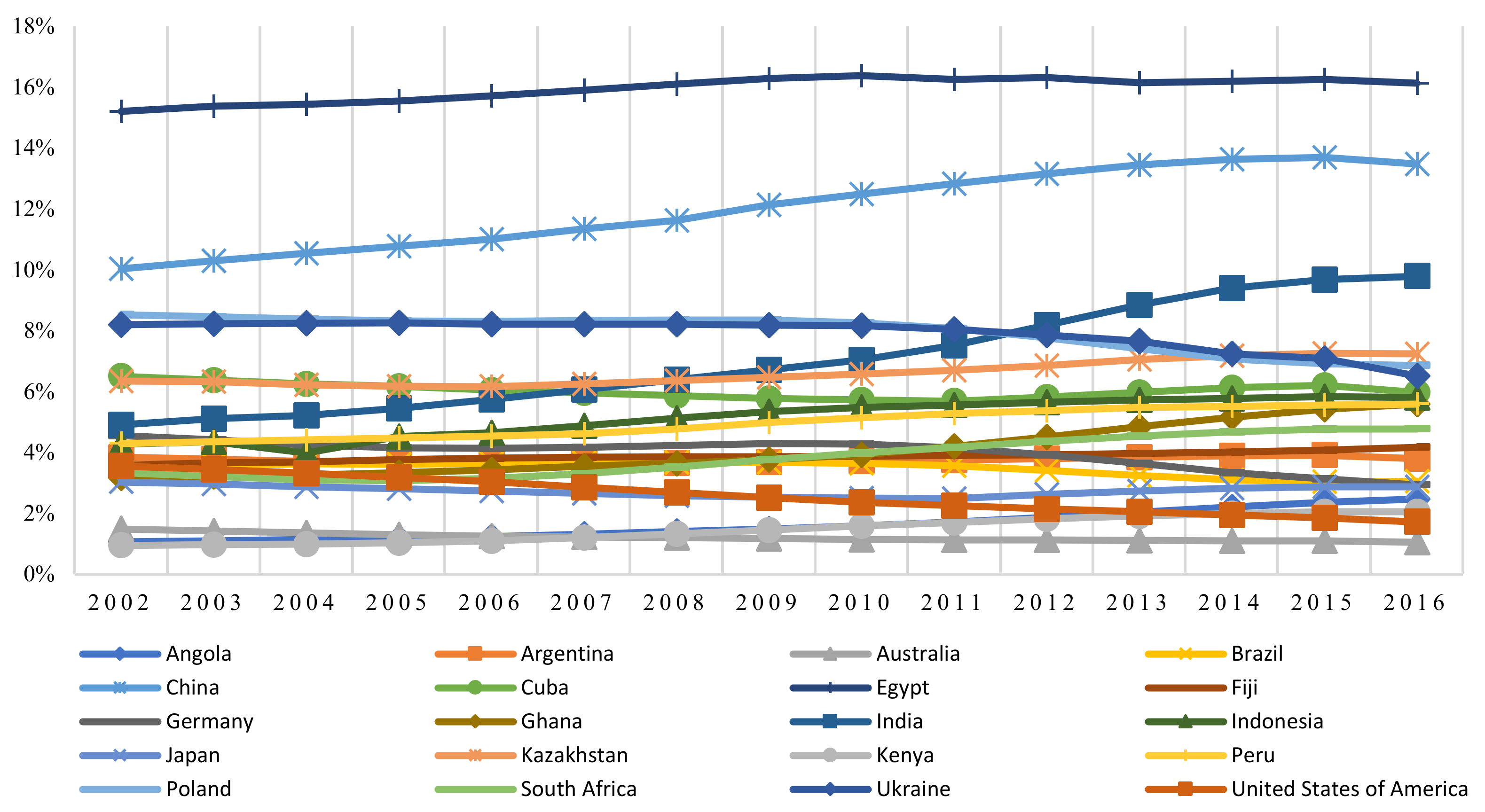Introduction
Venture capital has long been a driving force behind innovation and economic growth, and no industry exemplifies this more than the biotech sector. With its potential to revolutionize healthcare, agriculture, and environmental sustainability, biotechnology is attracting significant attention from investors seeking high-risk, high-reward opportunities. In this blog post, we will delve into the world of venture capital in the biotech industry – exploring funding resources, categories of investment, latest news in VC funding for biotech innovations, as well as highlighting the power of events and partnerships in driving ROI. So fasten your seat belts as we take you on an exciting journey through the realm of venture capital betting big on biotech innovations!
Overview of venture capital in biotech industry
The biotech industry is known for its groundbreaking innovations and potential to transform healthcare. However, turning these ideas into viable products requires significant financial investment. This is where venture capital (VC) comes into play.
Venture capital in the biotech industry involves funding early-stage companies with high growth potential. These firms provide not only capital but also strategic guidance and expertise to help startups navigate the complex regulatory landscape and bring their innovative therapies or technologies to market.
Biotech VC firms are specialized investors that focus exclusively on the life sciences sector. They have a deep understanding of the unique challenges and opportunities within this space, making them valuable partners for entrepreneurs in need of funding.
In addition to specialized biotech VC firms, generalist investors also participate in biotech investments. These include traditional venture capital funds, corporate venture arms, and private equity firms looking to diversify their portfolios by entering the promising field of biotechnology.
With regards to categories of biotech VC funding, certain areas tend to attract more investor interest than others. For example, therapeutics (including gene therapy and immunotherapies), diagnostics, medical devices, and digital health are popular sectors for investment due to their potential for disruptive innovation.
Some notable money raisers in the biotech industry include companies working on cutting-edge treatments like CAR-T cell therapy or novel approaches such as RNA interference technology. These advancements have captured investor attention by demonstrating promising results in clinical trials or addressing unmet medical needs.
Europe has emerged as a vibrant ecosystem for biotech startups with several hotspots like Cambridge (UK), Munich (Germany), Stockholm (Sweden), and Basel (Switzerland). The region’s supportive regulatory environment coupled with robust academic institutions fosters innovation-driven entrepreneurship—a crucial factor attracting venture capitalists seeking new investment opportunities.
Moreover, recent events such as the COVID-19 pandemic have further accelerated funding efforts in the biotech sector. Investors recognize that breakthroughs in vaccine development or antiviral therapies have the potential to save lives and reshape the future of healthcare. As a result, biotech companies working on COVID-19-related research have received significant funding in a short period.
In conclusion, venture capital plays an essential role in the biotech industry by providing critical funding and expertise to bring innovative therapies and technologies to market. With the increasing demand for healthcare solutions and rapid advancements in technology, the future looks promising for biotech VC investment.
Resources for Biotech VC Funding
Biotechnology is a rapidly evolving field that holds immense potential for innovation and growth. However, bringing biotech ideas from the lab to the market requires significant financial investment. This is where venture capital (VC) funding plays a crucial role. Venture capitalists provide funding to early-stage biotech startups in exchange for equity, with the expectation of high returns on their investments.
In the biotech industry, there are specialized VC firms that focus solely on investing in this sector. These firms have deep domain expertise and understand the unique challenges and opportunities associated with biotech innovations. They bring not only capital but also valuable industry connections, guidance, and mentorship to help startups navigate through regulatory hurdles and commercialization processes.
Apart from specialized firms, generalist investors also participate in biotech VC funding. These investors recognize the potential of biotechnology advancements and diversify their portfolio by investing in promising ventures within this sector.
Securing VC funding can be highly competitive due to limited resources available compared to demand. Startups need to demonstrate strong scientific rigor, a clear path towards commercial viability, and a compelling business strategy to attract investor interest.
In recent years, certain categories within the biotech space have been particularly successful at raising substantial amounts of VC funding. For example, companies involved in gene therapy, precision medicine, digital health technologies, and artificial intelligence-driven drug discovery platforms have garnered significant attention from investors.
Europe has emerged as an attractive destination for biotech startups seeking VC funding. The continent boasts a vibrant ecosystem that includes research institutions collaborating closely with industries while receiving support from government initiatives such as tax incentives or grants targeting innovative projects.
The COVID-19 pandemic has further accelerated investment activities in the healthcare sector overall including biotech. According to PitchBook, the first quarter of 2021 witnessed a record-breaking $31.6 billion in VC funding for global biotech companies.
Here are some resources that can help startups navigate the world of biotech VC funding:
1. Venture Capital Associations and Networks: Biotechnology startups can benefit from connecting with venture capital associations and networks such as the European Venture Capital Association (EVCA), BioIndustry Association (BIA), and European Private Equity & Venture Capital Association (Invest Europe). These associations provide access to industry events, networking opportunities, and intelligence on current trends in VC funding.
2. Investment Databases: Online databases such as PitchBook, Crunchbase, and CB Insights provide comprehensive information on VC firms, their investment portfolios, and market trends. Startups can use these platforms to identify potential investors interested in biotech and tailor their pitch accordingly.
3. Incubators and Accelerators: Incubators and accelerators offer mentorship, resources, and connections to help startups grow their business. Some incubators also have relationships with VCs or host investor days where entrepreneurs can pitch their ideas.
4. Government Grants: Governments around the world offer grants to support innovation in the biotech industry. Startups can explore grant opportunities available through organizations such as the European Commission’s Horizon 2020 program, Small Business Innovation Research (SBIR) program in the US, and Innovate UK.
5. Angel Investors: Angel investors are high-net-worth individuals who provide early-stage funding to startups in exchange for equity. They can be a good source of funding for biotech startups, especially if they have experience or interest in the industry.
6. Online Platforms: Platforms such as AngelList and Seedrs allow startups to showcase their business and connect with potential investors online. These platforms also offer tools and resources to help entrepreneurs prepare for fundraising and pitch their ideas effectively.
In summary, biotech VC funding is a critical source of capital for startups looking to bring innovative ideas to market. By leveraging these resources and networks, founders can increase their chances of securing funding from the right investors who share their vision for success.



